Homemade Horse Treats For the Holidays!
December 21, 2016 Comments Off on Homemade Horse Treats For the Holidays!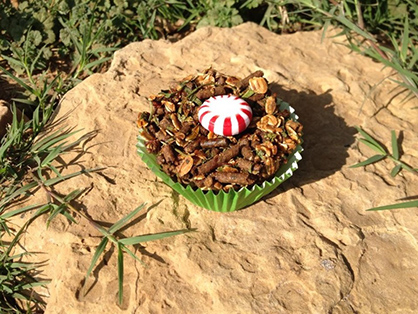
Looking for a fun winter activity? Stay inside on a cold, blustery, winter afternoon and make your horse some of these delicious homemade horse treats. I’m sure your horse will appreciate the effort!
Continue reading …Saddle Fit: an Important Aspect of Equine Performance
December 20, 2016 Comments Off on Saddle Fit: an Important Aspect of Equine Performance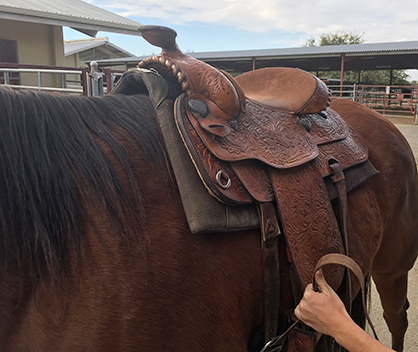
One of the most significant effects it can have on a horse is exerting too much pressure on its back muscles. This will cause an improper flow of blood to the muscle and cause pain. No muscle can develop and work properly without an adequate blood supply. Over time, that muscle will degenerate or atrophy.
Continue reading …The Do’s and Don’ts of Buying Secondhand Show Clothing
December 20, 2016 Comments Off on The Do’s and Don’ts of Buying Secondhand Show Clothing
Any reputable consignment company will offer a trial period or a generous return policy. Shipping methods can vary a great deal, and you’re more likely to get a professional shipment with a business rather than with an individual selling their clothing.
Continue reading …PtHA Exhibitor of the Month for December is Madelyn Giesman
December 19, 2016 Comments Off on PtHA Exhibitor of the Month for December is Madelyn Giesman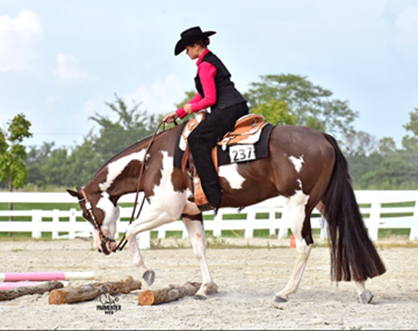
The PtHA Wrangler Exhibitor of the Month for December is Madelyn Giesman, who is a youth exhibitor from Wentzville, Missouri. Giesman has been showing horses for eight years and currently shows her Pinto, Diversified Options, better known as “Leo.”
Continue reading …Two Million Horses, Donkeys, and Mules Reached this Year by the World’s Largest International Equine Welfare Charity
December 19, 2016 Comments Off on Two Million Horses, Donkeys, and Mules Reached this Year by the World’s Largest International Equine Welfare Charity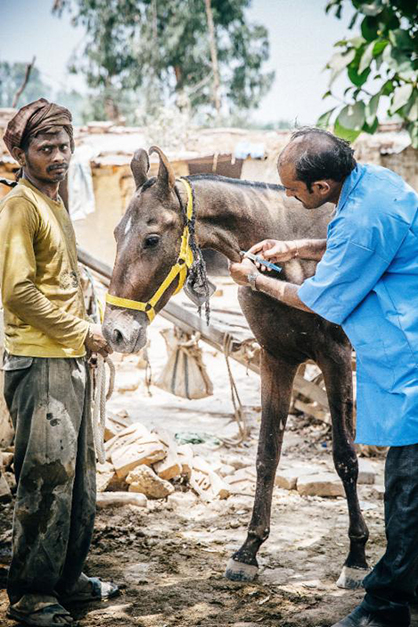
Brooke currently works primarily India, Nepal, Pakistan, Afghanistan, Kenya, Egypt, Ethiopia, Senegal, Guatemala, Nicaragua, and has pilot projects in a number of other developing countries.
Continue reading …DIY Equestrian Christmas Decorations: Part 2
December 19, 2016 Comments Off on DIY Equestrian Christmas Decorations: Part 2
We have two takes on creating keepsake ribbon ornaments that are perfect for commemorating your most memorable wins of the show season.
Continue reading …
Benny’s love of fine equine craftsmanship, vintage tack, and the vaquero tradition was no secret to those who knew him the best.
Continue reading …dac Joins WCHA as Corporate Sponsor
December 19, 2016 Comments Off on dac Joins WCHA as Corporate Sponsor
“Halter competitors have utilized dac® products with their horses. From vitamins and minerals to hair and coat formulas, dac® has a solution to WCHA members’ needs for their horses.
Continue reading …First English Competitor Joins Road To The Horse Colt Starting Competition
December 16, 2016 Comments Off on First English Competitor Joins Road To The Horse Colt Starting Competition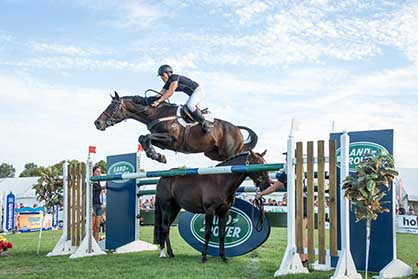
“It’s not about being English or Western, it’s about starting a young horse with love and kindness. It’s about setting each horse up for success, regardless of their projected path.”
Continue reading …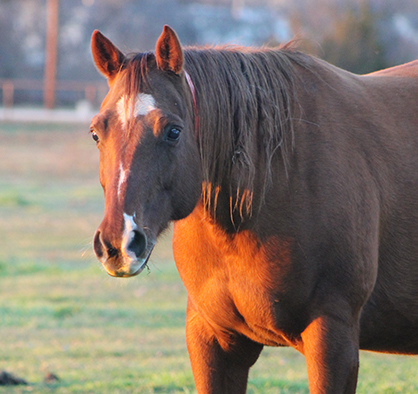
Myth 1: PPID is only a condition of the geriatric horse. “This is probably one of the most common myths about PPID,” Dr. Grubbs says. “We have been tracking epidemiological information on horses diagnosed with PPID, and have found that PPID affects horses of all breeds, and all ages, even as young as 5 years old.”
Continue reading …







